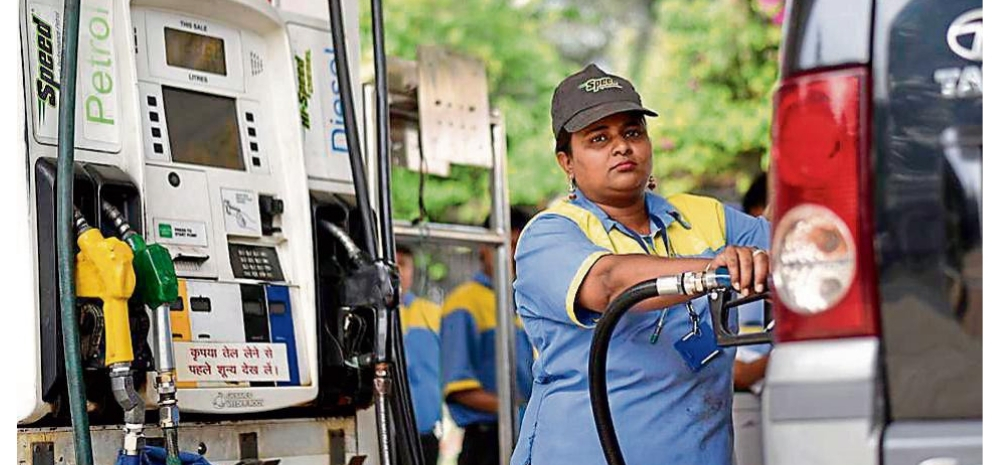Raw Petrol/Diesel Becomes Cheaper Than Water: 3 Reasons Why India Won’t Get Any Benefits

Raw Petrol/Diesel Becomes Cheaper Than Water: 3 Reasons Why India Won’t Get Any Benefits
The crude oil prices are tumbling down! But the Petrol and Diesel prices in India have been unchanged from last month amid the lowering of crude oil prices.
While the price of 1 ltr bottled water is running around Rs 15, crude oil is being sold at around 12 rupees per liter.
Read to find out more…
No Changes in Prices of Petrol and Diesel in India!
The crude which was at more than $70 in January, is now trading around $ 25 per barrel. The price of Crude oil has fallen by more than 60% in 2020. On the other hand, WTI crude has shot down below Rs 20.
April 8 will be the sixteenth consecutive day when petrol and diesel prices have not been cut or increased across the country. Earlier,there was a change in prices on March 16.
The oil companies of the country are busy adjusting the excise duty on petrol and diesel increased by Rs 3 per liter. Petrol in Delhi is priced at Rs 69.59 per liter, while in Mumbai it is being sold at Rs 75.30 per liter. Whereas in Delhi diesel is being sold at Rs 62.29 per liter while in Mumbai it is priced at Rs 65.21.
Earlier the price of crude oil fell sharply between 2014 and 2016. The government had a lot of opportunities to fill its treasure and boost the country’s economy. Then the government took advantage of this imposed excise duty to fill its treasury by charging maximum tax through petrol and diesel. Between November 2014 and January 2016, the central government increased excise duty 9 times and gave relief only once. By doing this, between 2014-15 and 2018-19, the central government earned Rs 10 lakh crore through tax on oil.
Why are the Consumers not Benefiting?
Anuj Gupta, deputy vice president (commodity and currency), Angel Broking, explained two ways why customers are not benefitting. Ajay Kedia, director of Kedia Advisory also had an explanation in the matter.
- The government has got an opportunity to increase inventory by hoarding the cheap crude. The government can take advantage of this cheap crude and collect a good amount of stock. Once the lockdown ends completely in America and China, then there will be a sudden increase in industrial activity. The demand for crude will also increase in the rest of the world, and also surge in crude again. The Organization of the Petroleum Exporting Countries (OPEC) also do not want crude to remain at lower levels. Further, if the crude prices shoot up, then the government can use the increased inventory to reduce its expenditure. At the same time, oil companies can also give benefits to their customers. If the inventory is stocked up, the government can easily withstand the pressure of one to two months without increasing the expenditure even if the demand is increased suddenly. However, customers do not expect to get much benefit from this.
- The nation is under lockdown and hence the consumption of petrol and diesel is very low. In such a situation, if the government oil companies reduce the prices too, then it will not even benefit more consumers. Thus, the oil companies are not reducing the price right now. These companies are engaged in adjusting the excise duty increased by the government.
- India imports about 82% of its crude requirements. Due to the falling prices of crude, India has to spend less foreign currency in the form of dollars. Due to lower crude oil prices, the government still has a chance to reduce its fiscal deficit. On the other hand, instead of reducing the price of petrol and diesel after the fall in the price of crude oil, the government is also in the mood to increase revenue. But these days, due to less demand in the country, the government is not getting as much benefit as it would have received under normal circumstances.

Comments are closed, but trackbacks and pingbacks are open.